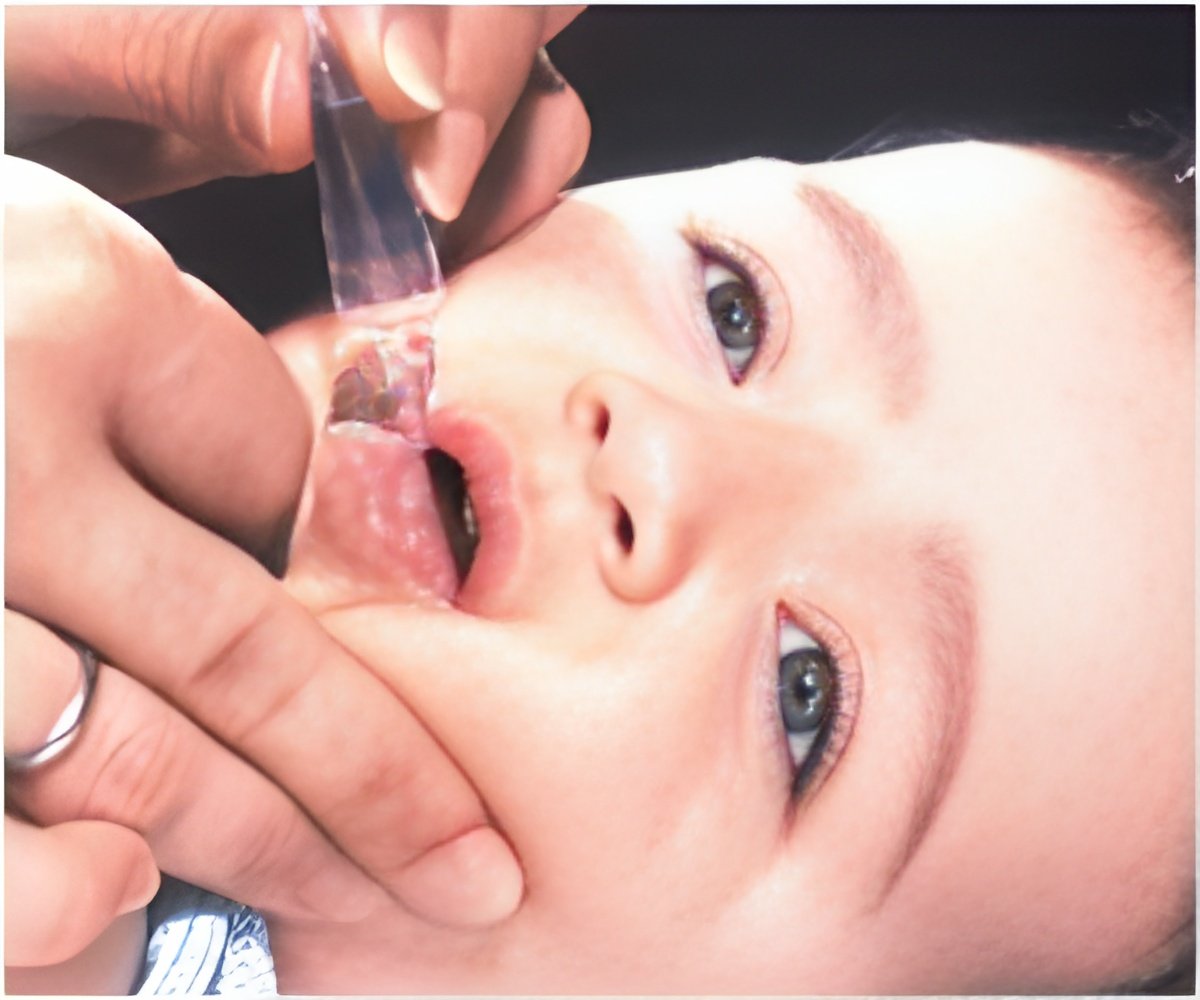Rotavirus is the most common cause of diarrhea, the second largest killer of children across the world, and vaccines to contain the virus can change the situation dramatically, a study has confirmed.

The Global Enteric Multicentre Study (GEMS), involving 20,000 children from across Asia and Africa, is the largest study ever conducted on diarrheal diseases in developing countries.
Analysing data from the study, researchers found that approximately one in five children under the age of two suffer from moderate-to-severe diarrhea (MSD) each year, which increased children's risk of death 8.5-fold and lead to stunted growth over a two-month follow-up period.
"Without a full picture of which pathogen causes the most harm, it had been difficult to make evidence-based decisions around diarrheal disease control," said Dipika Sur, principal investigator, National Institute of Cholera and Enteric Diseases, Kolkata.
GEMS will fill in the critical gaps in knowledge about the disease and help governments to prioritise resources for research and action to reduce the burden of the disease, Sur added.
More than 100,000 children die from diarrhea in India every year, and approximately 4,57,000- 8,84,000 are hospitalised with the disease.
Advertisement
The findings of the study also suggest that longer-term monitoring and care of children with diarrhea could reduce mortality and developmental delays.
Advertisement
Notably, 61 percent of deaths occurred more than one week after children were diagnosed with diarrhea when children may no longer be receiving care.
The disease caused 56 percent of deaths at home, suggesting that a focus only on deaths occurring at health centres may underestimate the total burden of diarrhea.
Source-IANS










